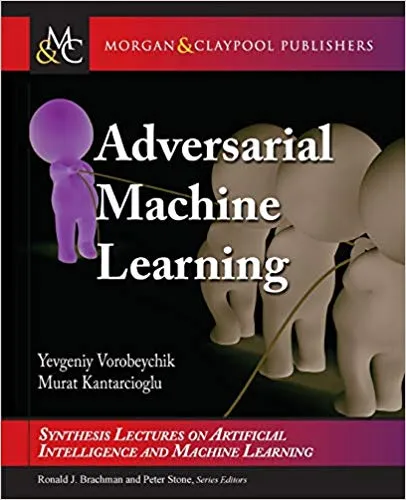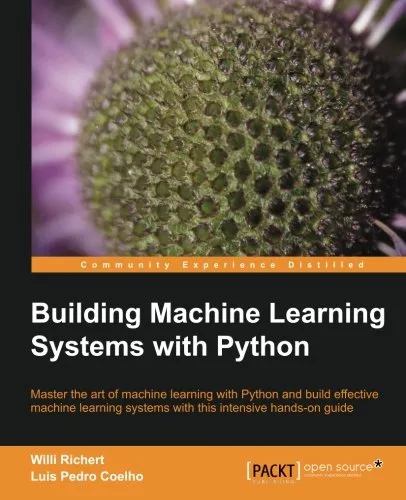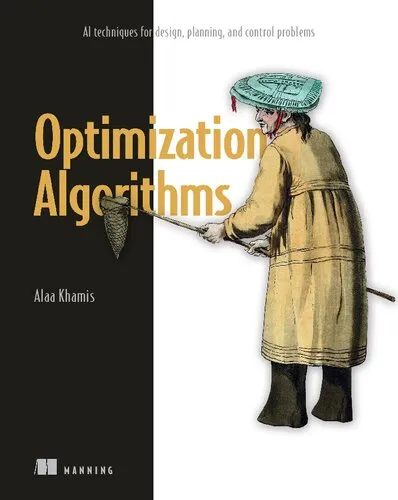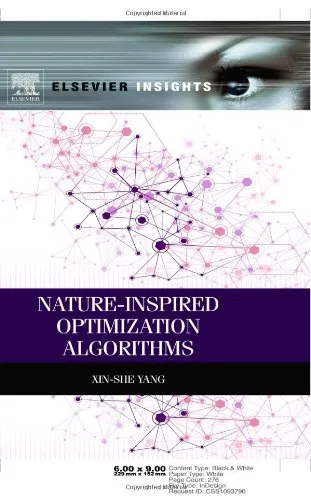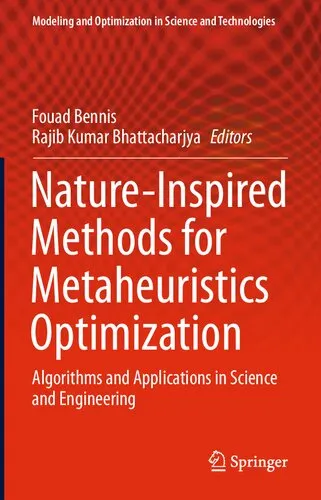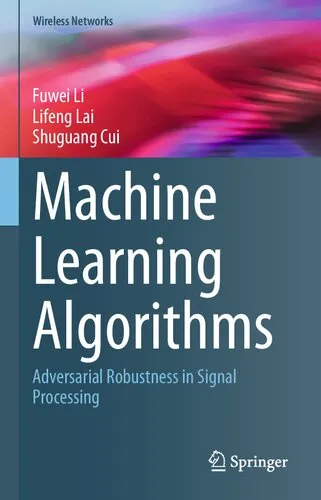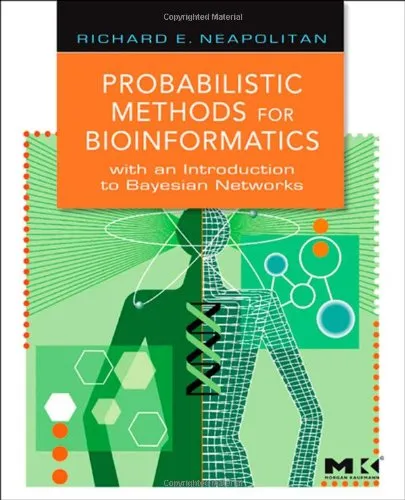Introduction to "Adversarial Machine Learning"
In the ever-evolving world of artificial intelligence and machine learning, the concept of "adversarial" techniques has become one of the most pressing and intriguing areas of research. "Adversarial Machine Learning," written by Yevgeniy Vorobeychik and Murat Kantarcioglu, serves as a comprehensive guide to understanding the intersection of machine learning systems and adversarial threats. This book is a must-read for anyone involved in building, deploying, or securing machine learning systems against intelligent attacks.
The text delves deep into the mechanics of machine learning algorithms, the vulnerabilities inherent in these systems, and how adversaries exploit these weaknesses. Through a combination of theory, practical insights, and real-world examples, the authors provide readers with the tools and knowledge they need to bolster the resilience of their machine learning models.
Designed for machine learning practitioners, security experts, and researchers, the book balances technical depth with accessibility. It introduces critical concepts such as adversarial attacks, defenses, and the modeling of strategic behavior in adversarial settings. Whether you are an academic or a professional, this book offers significant value by addressing the challenges and solutions in the highly specialized field of adversarial machine learning.
Detailed Summary of the Book
"Adversarial Machine Learning" begins with foundational concepts, ensuring readers understand what adversarial machine learning entails, and why it is an essential study area in today’s AI landscape. From there, it introduces various types of adversarial attacks, including evasion attacks, poisoning attacks, and model inversion. These chapters thoroughly explore how malicious actors manipulate models to either cause prediction errors or extract sensitive information.
The book transitions into defensive strategies, such as robust optimization techniques, adversarial training, and algorithmic approaches for improving model security. By presenting theoretical underpinnings and recent technological innovations, the authors help readers build resilient machine learning systems that withstand adversarial attempts. Additionally, the book discusses trade-offs between model accuracy, robustness, and computational efficiency, providing readers with practical guidelines to make informed decisions.
Later chapters emphasize the importance of game theory in modeling the interaction between machine learning systems and adversaries. Through an interdisciplinary lens, the text examines the strategic behavior of both attackers and defenders, grounding these dynamics in real-world applications such as cybersecurity, finance, and autonomous systems.
Across its chapters, the book also examines ethical considerations and long-term implications of adversaries in AI, painting a broader picture of the societal impacts this field encompasses.
Key Takeaways
- Understanding adversarial attacks: Gain insight into various attack methods and their implications for machine learning systems.
- Learning defensive strategies: Discover state-of-the-art techniques to protect models against adversarial threats.
- Exploring game theory applications: Analyze strategic interactions between attackers and defenders using game-theoretic models.
- Practical insights: Learn how to implement feasible defenses and balance trade-offs in adversarial settings.
- Ethical implications: Reflect on the broader impact of adversarial machine learning worldwide.
Famous Quotes from the Book
"In a world where machines increasingly make critical decisions, ensuring their resilience against adversarial manipulation is not just important—it’s imperative."
"Adversarial dynamics in machine learning illuminate the fragile interplay between intelligence and intent, demanding vigilance and robustness at every layer."
Why This Book Matters
As machine learning systems become increasingly embedded in critical applications, their exploitation by adversaries poses substantial risks. This book stands out as a pioneering work in tackling the challenges unique to adversarial machine learning. Vorobeychik and Kantarcioglu have crafted a text that bridges theoretical frameworks with practical applications, ensuring its relevance for academia and industry.
The insights presented in this book not only prepare readers to understand the vulnerabilities in machine learning systems but also empower them to proactively address emerging threats. In a field as dynamic as AI security, "Adversarial Machine Learning" plays a crucial role in shaping how we design and safeguard intelligent systems for the future.
For researchers, engineers, and policymakers alike, this book offers a roadmap to navigating the multifaceted challenges of adversarial AI and securing a safer, more reliable technological landscape.
